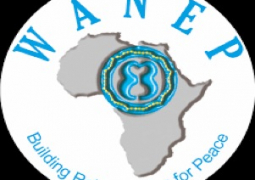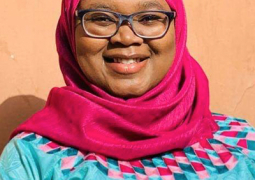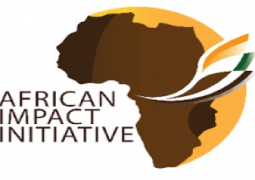
More than half the projected 2.2 billion rise in the world population in 2015-2050 is expected to take place in Africa with current trend projections showing that within 35 years, 1 in every 4 people will be African, rising to 4 in 10 people by the end of the century.
Approximately 95% of this expansion will occur in low and middle-income countries. Sub-Saharan Africa’s population is expected to double by 2050, with approximately 60% of the continent’s population under the age of 25, making Africa the world’s youngest continent.
The continent’s growing youth population presents both an opportunity and a challenge, providing an opportunity for the continent to address Africa’s long-term development challenges while tapping into the creativity and innovation of its young people to drive the continent’s economic transformation. Every year, an estimated 11 million young people enter the African labour market, but the continent only creates 3.7 million jobs.
Africa (and The Gambia) urgently needs to prepare its young professionals for roles as development leaders and change agents in the future.
The potential of a young population can only be realised if the continent creates an environment that encourages its young people to act and thrive.
Youth comprise by far the largest segment of populations in most African countries, they are still some of the most marginalised and underestimated of any region in the world.
It is the youth that give any society its dynamic core. By definition, young people look forward and have an inbuilt impulse to change what is not working or outdated. This is nature’s law.
It is what defines human evolution and progress – consistently building on what has been achieved in the past and pushing the boundaries of what is possible.
Older generations, with enterprises and societies to manage and families to nurture, tend to be more conservative, more reluctant to change and sometimes bask more in nostalgia than in imagining futures.
This is also a law of nature and ensures that social evolution is grounded on a solid base while simultaneously engaging the cutting edge to shape the future.
This arrangement forms the basis of most education systems, of the world of work and production and of political systems.
At its best the arrangement works in great harmony, with the youth replacing their elders and in turn, themselves becoming the older generation and raising their youth.
The young are encouraged to experiment, to think out of the box, to tear up accepted notions as the new can only emerge by abandoning the old.
But of course, not all new ideas work – in fact, most do not but if the core is solid, the young can be given a free rein to push boundaries and new ideas can be allowed to germinate in controlled environments and subjected to the test of time and function.
Good education systems support and encourage this by allowing all ideas and thoughts to circulate and be debated and discussed; in other words, freedom of thought and expression.





